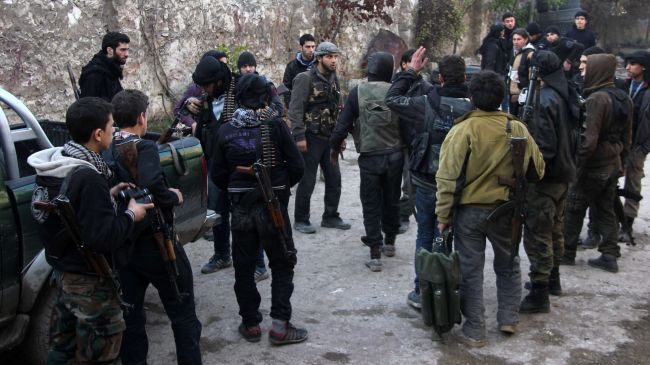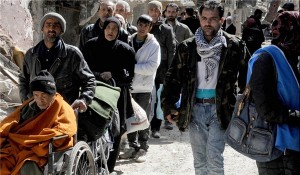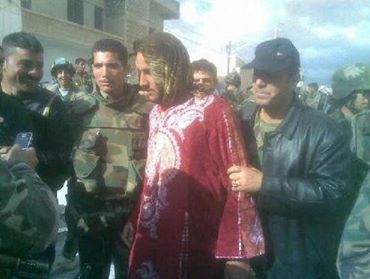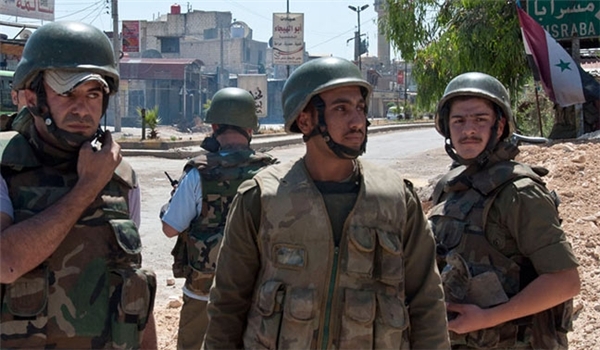Syrian man recalls brutal tortures inside ISIL prison
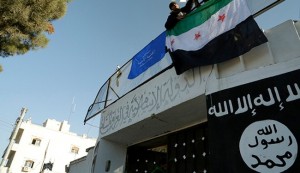
 It had been 20 days since Abdelkader’s arrival in Turkey, after having spent more than three grueling months inside prisons run by the notorious Islamic State of Iraq and the Levant (ISIL) in Syria.
It had been 20 days since Abdelkader’s arrival in Turkey, after having spent more than three grueling months inside prisons run by the notorious Islamic State of Iraq and the Levant (ISIL) in Syria.
Abdelkader, 20, came to Gaziantep from the Syrian town of Al-Bab in Aleppo province, where ISIL has imposed a strict interpretation of their own understanding of Islamic cods since capturing it in September 2013. Smoking is prohibited, women must wear black niqabs and arbitrary trials and detentions take place daily.
The large bump on his forehead is one of the many scars that provide a glimpse into Abdelkader’s story.
“I can still remember four Syrians from Damascus who got out of the bus and started smoking. They were immediately beaten by ISIL militants,” Abdelkader said while smoking a cigarette in a coffee bar in the Turkish city.
Abdelkader was arrested on October 15 during the celebration of Eid al-Adha.
Abdelkader was walking toward his home to visit his mother when he was captured by ISIL militants. They blindfolded him, secured his wrists and took him to a prison somewhere in Aleppo. He doesn’t know the exact location, but he told Al-Monitor that it had to have been in the suburbs, as he didn’t hear a lot of traffic and the car ride took roughly half an hour.
Guards didn’t talk to him for the first two days in prison, but when the “investigation” started on the third day of his capture, masked militants began beating him. Torture methods included electricity shocks and hanging him upside down from the ceiling. The cries and screams of other inmates were constant, but he doesn’t know exactly how many people were detained, as he was put in a separate cell with only one other person. There was no electricity, only a small window without bars.
“I shared a cell with an Alawite officer. They were beating him so severely that the whole cell was covered in blood,” Abdelkader said. He had been forced to watch.
He added that he was forced to sleep in his cellmate’s blood, who told him that he hadn’t seen his three children for more than two years.
Two days later, the Alawite prisoner died from his wounds. He had bruises all over his body after severe and repeated beatings. The next morning, guards removed the corpse, but Abdelkader said that dead bodies usually weren’t removed from prison immediately.
During his three-month detention, ISIL militants moved him to two other prisons. They were most likely captured governmental buildings, Abdelkader said, as he slept in rooms that resembled old offices rather than prison cells. Twice a day, guards gave him water and sober meals with boiled potatoes and bread, but he had to sleep on the floor with no carpet or blankets.
In the second prison, he shared a room with a decapitated body for days. The stench was overbearing, and he tried not to look to avoid vomiting. There were no other prisoners in the room, but he was assured of the presence of other detainees in the building because of the regular screams.
“All those months, I kept thinking about my family. They didn’t even know where I was. I didn’t even know where I was,” he explained.
Abdelkader recalls that one day, ISIL militants tortured a man for smoking inside the prison.
A few days later, he also saw an old, frail and pale-looking prisoner — guards called him Najim — collapsing outside while he waited for his turn to use the toilet. Whenever an inmate wanted to use the toilet, he had to ask the guards first, as it was located in a wooden shed in the yard. Abdelkader doesn’t know why Najim collapsed, as he didn’t know him personally, but he believes he died after being tortured or maybe starved to death.
“He looked weak, sick, and he couldn’t even walk in a straight line anymore,” Abdelkader continued.
After Najim died, ISIL militants left him lying on the ground for days, until the body started to rot.
The brutal ISIL rule has been well-documented, most recently by an Amnesty International report released in December 2013, which detailed killings, arbitrary trials and detention and the abuse of children as young as eight. However, according to Abdelkader, it is even worse than one could ever imagine.
“There is no law, so everything is allowed,” Abdelkader said, lighting another cigarette.
Abdelkader stared at the lighter for a few seconds while inhaling the cigarette smoke, then continued his story. He hardly showed any emotion during this interview, answering all questions in a calm manner. No screaming or yelling, but the painful look in his eyes was always present. Sometimes, when asked about the dead bodies, he narrowed his eyes and frowned, as if he didn’t want to think about it anymore.
Abdelkader tried to escape the ISIL torture prison by climbing over the fence behind the toilet in the yard, but his attempt failed. When guards saw him running in the field behind the fence, they opened fire and caught him after a few minutes.
As a punishment for his attempted escape, guards put him in solitary confinement for more than a week, where he was repeatedly tortured. They hung him from the ceiling by his feet, beating him with sticks while screaming, “We are going to kill you.” Abdelkader’s shoulder became dislocated from the beatings, and his entire body was covered in bruises.
“I screamed, of course. It hurt a lot,” Abdelkader recounted.
Except for a rotting corpse, he didn’t have cellmates during his stay in the second prison, and after a few weeks, guards moved him to another location to interrogate him again. There, he was not allowed to speak or communicate in any way with other detainees.
“When the masked men left to fight, they gave me extra food and said, ‘May God protect you if we never come back,’” Abdelkader recounted, adding that this kind of treatment was part of the psychological abuse he endured every day.
“The door was locked, so if they had died, I would have died, too.”
After spending three months in several prisons, Abdelkader was freed during a infighting between rival militants. Abdelkader recounts his own surprise at making it out alive, given the horrid conditions of the ISIL prisons.
